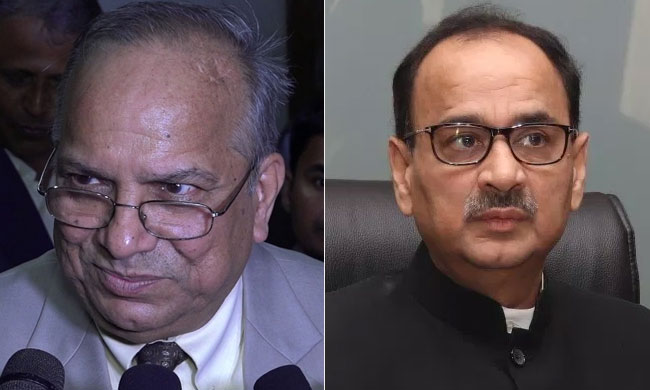"No Evidence Of Corruption Against Alok Verma", Justice Patnaik Speaks Out Against High Powered Committee
Manu Sebastian
12 Jan 2019 11:15 AM IST

Justice Patnaik also added that the committee decision to remove Verma as CBI Director was hasty
Next Story


